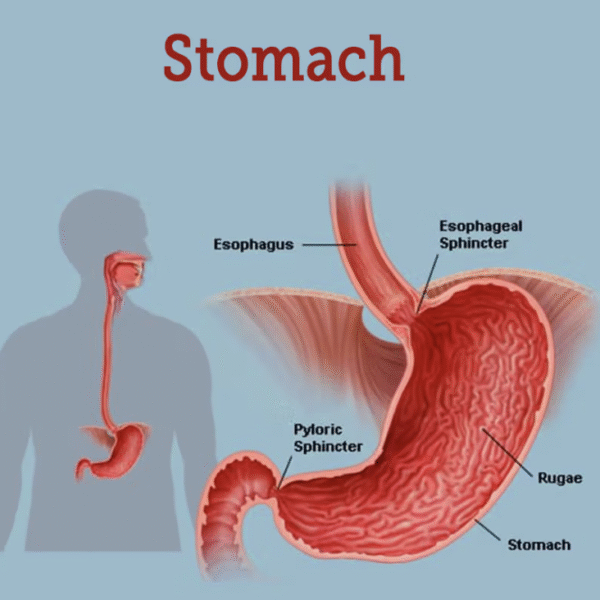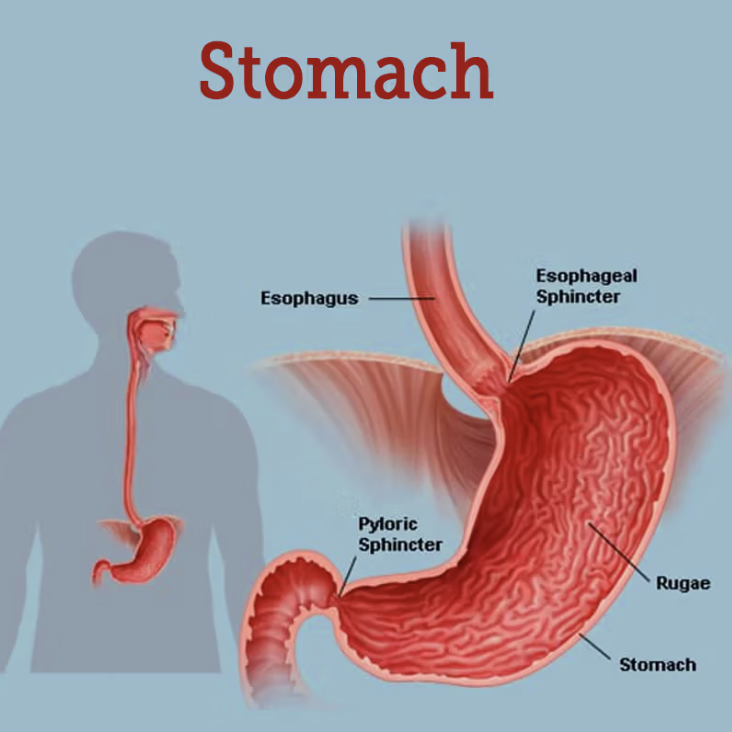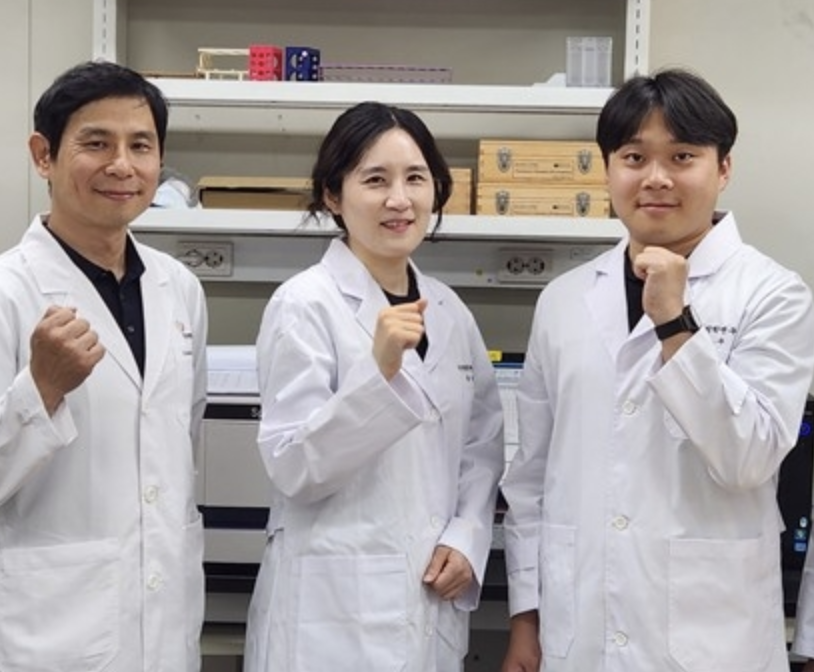
Korean red ginseng is often consumed on an empty stomach in the morning for optimal energy and focus.

Korean ginseng, known scientifically as Panax ginseng, has been used for centuries as a traditional remedy in East Asia. One question that often arises is whether it’s beneficial—or even safe—to take ginseng on an empty stomach. This article explores this topic in detail, supported by scientific literature, comparative analysis, real-life testimonials, and expert insight.
👉 Korean Red Ginseng Supplements – Buy Now
What Happens When You Take Ginseng on an Empty Stomach?
Taking ginseng on an empty stomach is generally considered safe for most people. In fact, traditional Korean medicine has long recommended morning consumption to maximize energy and cognitive function throughout the day. Scientific research supports this practice: a 2018 study published in Journal of Ginseng Research showed that morning administration of Korean ginseng enhanced mental clarity, reduced fatigue, and improved mood in healthy adults.
However, some individuals may experience mild digestive discomfort, such as nausea or stomach cramps. These side effects are usually temporary and can often be avoided by adjusting the dosage or consuming the ginseng with a small amount of food.
Korean Ginseng vs. American Ginseng: Which Is Better for Morning Use?
Korean ginseng (Panax ginseng) and American ginseng (Panax quinquefolius) differ significantly in their pharmacological effects and ideal timing for consumption:
Korean Ginseng: Stimulating, energizing, and rich in Rg1 ginsenosides, Korean ginseng is best taken in the morning. It supports mental performance and physical stamina.
American Ginseng: Calming and cooling in nature due to its high levels of Rb1 ginsenosides, it’s more suitable for evening or stress-related use.
If your goal is to kickstart your day with improved focus and energy, Korean ginseng is the more effective choice on an empty stomach.
Physical vs. Mental Fatigue: How Ginseng Helps
Ginseng’s adaptogenic properties make it beneficial for both types of fatigue:
Physical Fatigue: According to a 2013 randomized controlled trial (International Journal of Sport Nutrition and Exercise Metabolism), Korean ginseng supplementation improved endurance and reduced lactic acid buildup in athletes.
Mental Fatigue: A 2016 study in Phytotherapy Research demonstrated cognitive enhancement, reduced reaction time, and improved attention span in participants who took 200 mg of Korean red ginseng daily.
Ginseng works by modulating the hypothalamic–pituitary–adrenal (HPA) axis, which plays a crucial role in the body’s stress response.
Real-Life Testimonials: Consumer Experiences
Many users report noticeable benefits when consuming ginseng on an empty stomach in the morning:
“I’ve been taking Korean red ginseng first thing in the morning for six months. It gives me a clean boost in the morning—better than coffee—and I’ve noticed fewer afternoon slumps.”
– Jane K., 42, Seattle, USA
“When I started taking ginseng before breakfast, I felt more clear-headed at work. I didn’t even need my second cup of coffee.”
– Mr. Lee, 36, Seoul, South Korea
Reviews from e-commerce platforms like Amazon and Korean health stores such as CheongKwanJang also show high satisfaction for morning use, especially among professionals and students.
Long-Term Benefits of Morning Ginseng Consumption
Over time, taking ginseng in the morning can have cumulative effects:
Boosted Immunity: Regular intake of Korean red ginseng enhances NK cell activity, as shown in a 2012 study published in Nutrients.
Improved Cognitive Function: A 2020 meta-analysis concluded that chronic ginseng use helps maintain memory and cognitive health in older adults.
Hormonal Balance: Long-term use supports adrenal and thyroid health, which are crucial for energy metabolism and stress resilience.
It is generally recommended to take ginseng for 3-6 months, followed by a short break before restarting the cycle.
Conclusion:
Taking Korean ginseng on an empty stomach is not only safe for most people but can actually enhance the herb’s benefits, particularly for mental clarity, stamina, and stress management. Compared to American ginseng, Korean ginseng is better suited for energizing morning routines. From science to testimonials, the evidence supports its long-term health value—especially when used consistently and properly.
#KoreanGinseng #EmptyStomachGinseng #MorningGinsengRoutine #GinsengBenefits #PanaxGinseng







